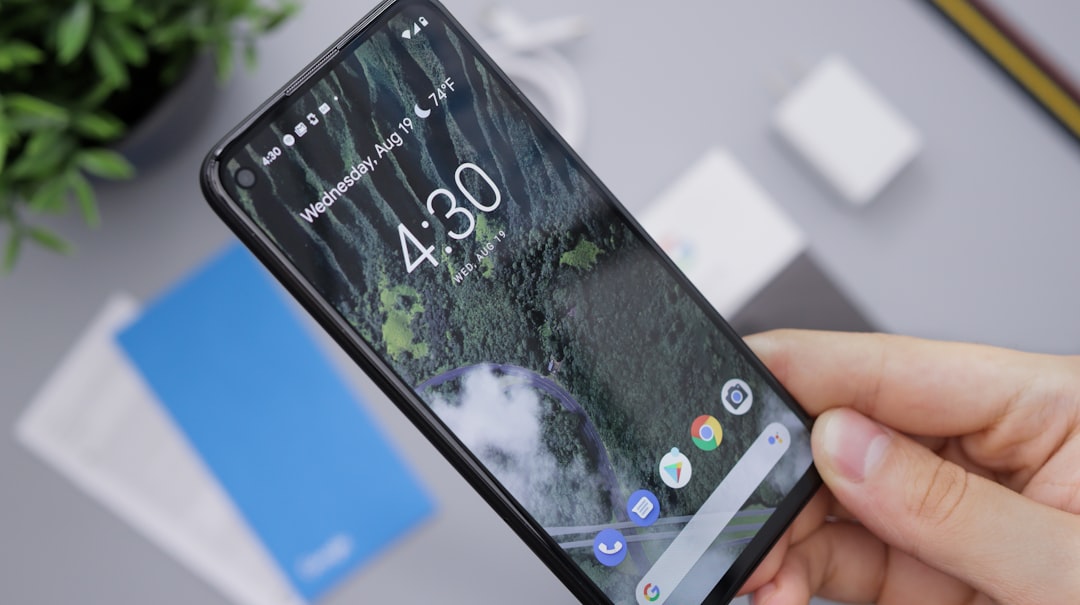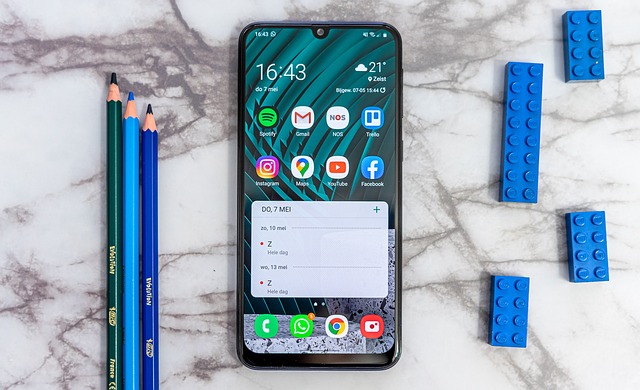South Carolina residents can protect their privacy from unsolicited phone marketing through the National Do Not Call Registry and state regulations. Consulting with Do not Call attorneys South Carolina helps consumers navigate these rules, especially regarding legal communications. Consumer education on telephone privacy rights, including registration processes and law complexities, empowers individuals to assert their right to refuse unwanted calls, fostering secure interactions with telemarketers and call centers.
“Unraveling phone privacy protections in South Carolina, this article delves into the state’s consumer education programs aimed at empowering residents. With a focus on telephone privacy laws and the crucial role of Do Not Call lists, we explore how these initiatives safeguard individuals from unwanted calls.
We examine the rights and responsibilities of consumers, dissect common misconceptions, and present effective strategies for promoting awareness. For South Carolina residents seeking guidance, understanding these programs is essential, especially with the assistance of do not call attorneys specializing in state regulations.”
Understanding South Carolina's Telephone Privacy Laws

South Carolina has specific laws in place to protect consumers’ telephone privacy, especially regarding unsolicited calls from various sources, including law firms often known as do not call attorneys South Carolina. These laws are designed to give residents control over how they receive marketing or telemarketing calls on their landlines and mobile phones. The state’s regulations are part of a broader national effort to curb excessive and unwanted phone calls, ensuring citizens can enjoy peace of mind and personal space.
Consumers in South Carolina have the right to register their numbers on the National Do Not Call Registry, which automatically blocks most telemarketing calls. Additionally, state laws restrict when and how businesses can contact residents, especially during certain hours and for specific types of calls, ensuring a balance between marketing efforts and consumer privacy. Understanding these regulations is crucial for both businesses operating in South Carolina and consumers seeking to protect their personal information.
The Role of Do Not Call Lists in Consumer Protection

In the realm of consumer protection, Do Not Call (DNC) lists stand as a robust tool to safeguard personal privacy. These lists, maintained by both state and federal authorities in South Carolina, offer residents a way to opt-out of unsolicited phone marketing calls. By registering their numbers, consumers can prevent unwanted communications from telemarketers, thus reducing the risk of fraud and identity theft. This simple yet effective mechanism empowers individuals to have more control over their contact information and helps create a safer environment for telephone interactions.
For South Carolina residents seeking to protect themselves against intrusive marketing practices, consulting with Do Not Call attorneys is a strategic step. These legal professionals can guide consumers on the best ways to register and maintain their DNC status, ensuring they remain free from unwanted phone solicitation. With the ever-evolving landscape of privacy laws, staying informed and proactive is key, and leveraging the power of Do Not Call lists is a significant aspect of this strategy for many folks across the state.
Educating Consumers: Rights and Responsibilities

In South Carolina, consumer education plays a pivotal role in empowering individuals to understand and protect their privacy rights regarding telephone communications. This includes awareness about the Do Not Call attorneys South Carolina lists and regulations. By educating consumers, they can make informed decisions about sharing their contact information and managing incoming calls. Programs that teach these rights and responsibilities are essential, as they help residents navigate the legal protections available to them.
These educational initiatives should cover various aspects, such as how to register on the Do Not Call list, the consequences of misuse or abuse of personal data, and steps to take if privacy rights are violated. Armed with this knowledge, South Carolina residents can confidently exercise their privacy choices, ensuring a more secure and peaceful interaction with telemarketers and call centers alike.
Challenges and Misconceptions About Phone Privacy

Many consumers in South Carolina face challenges understanding their phone privacy rights, often due to misconceptions and a lack of education. With the increasing number of telemarketing calls, robocalls, and potential data breaches, protecting personal information has become a significant concern. One common misconception is that all calls are traceable and can be easily identified as spam, which is not entirely true.
Privacy laws and regulations can be complex, and many individuals are unaware of their rights to refuse unwanted calls, including those from attorneys. The Do Not Call Registry in South Carolina is a resource that helps residents limit telemarketing calls, but it does not apply to all types of communications. Educating consumers about these nuances is crucial to empowering them to take control of their phone privacy and make informed decisions regarding their personal information.
Effective Strategies for Promoting Telephone Privacy Awareness

Educating consumers about telephone privacy is a multifaceted endeavor, but certain strategies have proven highly effective in raising awareness and empowering individuals to protect their personal information. One key approach is to emphasize the importance of signing up for Do Not Call lists in South Carolina. This simple step allows residents to prevent unwanted calls from telemarketers, sales representatives, and even attorneys, ensuring a quieter and more private communication environment. By providing clear instructions on how to enroll and highlighting the benefits, organizations can facilitate increased participation.
Additionally, interactive workshops and seminars can engage consumers by demystifying telephone privacy laws and rights. These events can cover topics such as recognizing scam calls, understanding call tracking technologies, and securing voice data. Incorporating real-life scenarios and Q&A sessions makes the content more relatable, encouraging active participation. With the ever-evolving digital landscape, staying informed is crucial, and these strategies aim to empower South Carolinians with the knowledge needed to navigate telephone privacy effectively.






